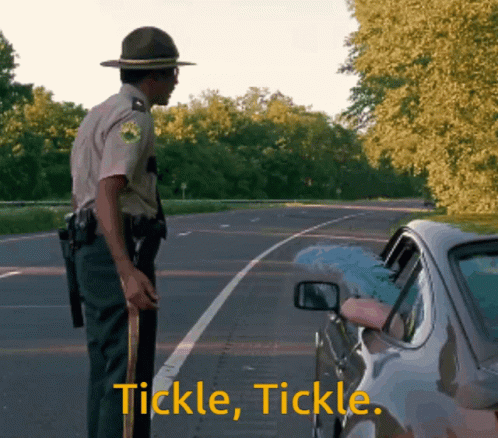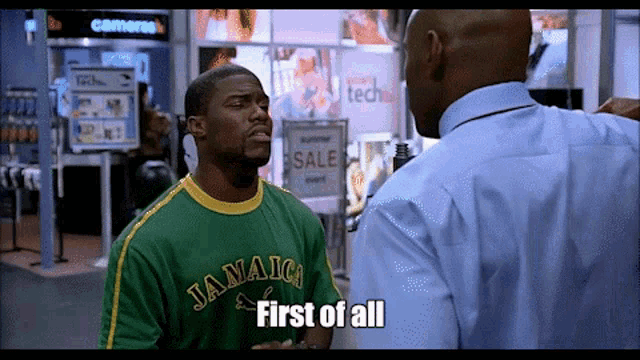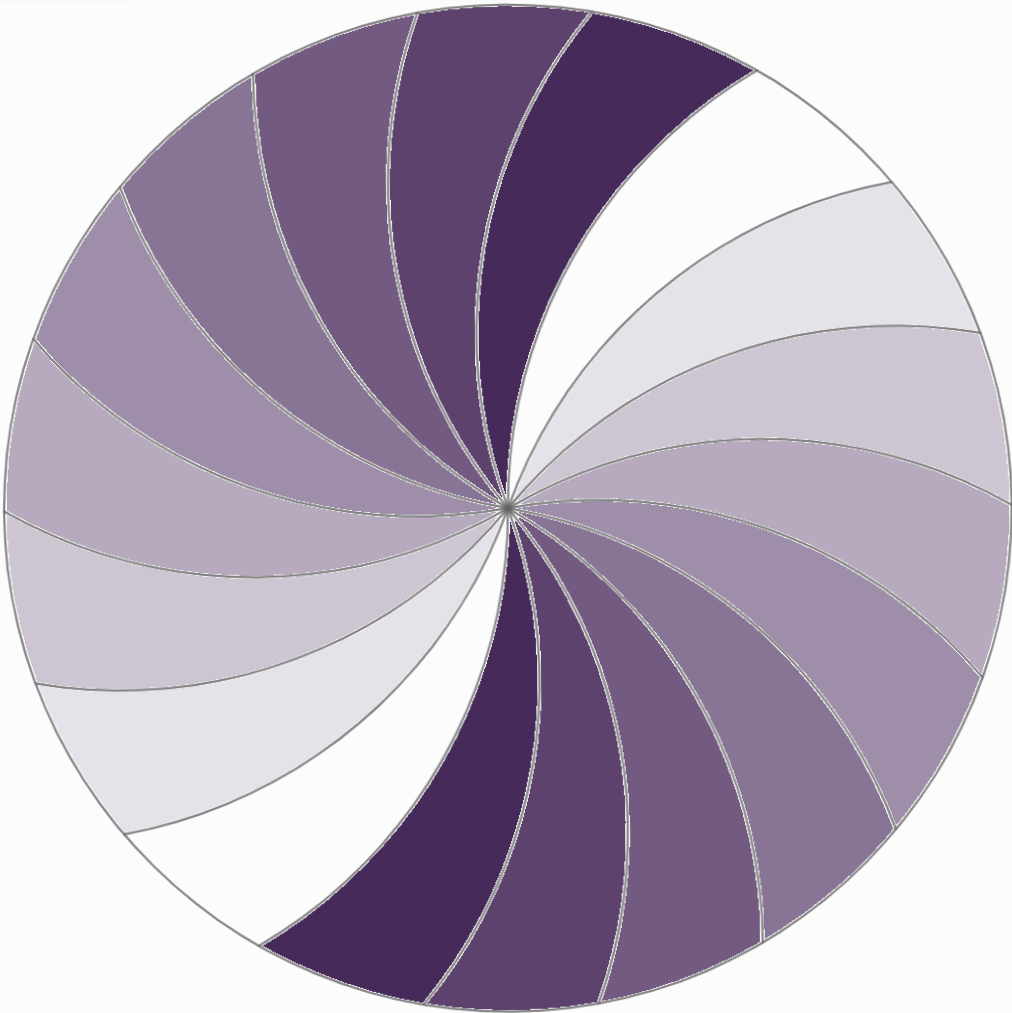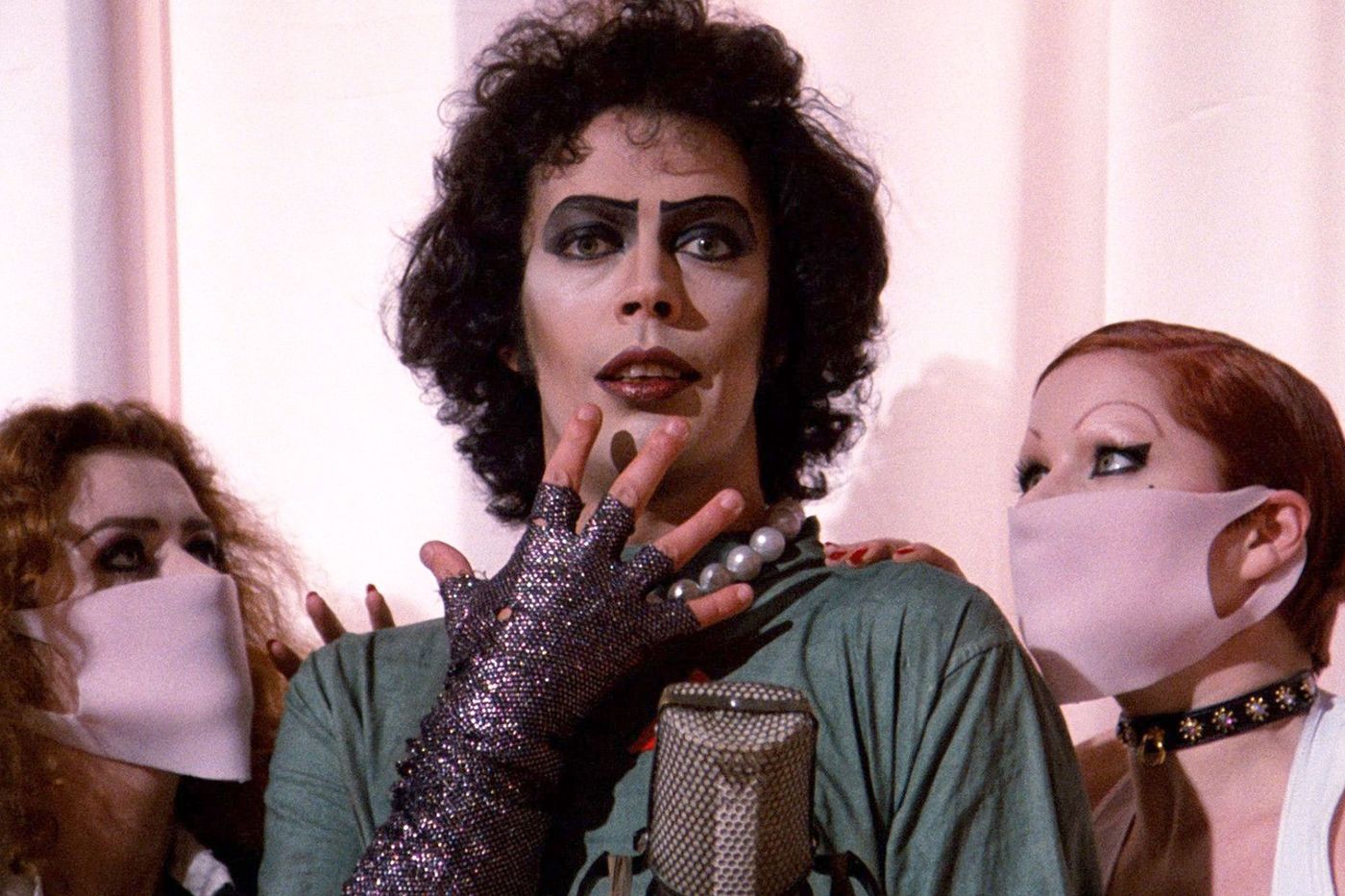It looks very weird, but if you put it like abab vs abba, it makes more sense
bdbd is not a palindrome but bddb is
I hate it
bddb is my favorite word to pronounce
I think you just hacked my modem
do you have to say it while flipping your finger up and down over your lips?
Is it pronounced like that Super Troopers Porsche song?

Maijin bddb
deleted by creator
Yes, baddragonbaddragon is, in fact, not a palindrome.
Username checks out.
:3
This is much easier to parse for me than the one in the post. Interesting. I guess letters are easier to abstract
I hate this even more than the original one. At least the original one had a horizontal line of symmetry to calm me a bit.
mamma mia
Here I go again
“()()” is an ambigram, which wikipedia describes as “visual palindromes”, for whatever that’s worth.
WIKIPEDIA CAN SHOW GIFS?!
I love that the word ambigram can be made to look as an ambigram whereas palindrome - wtf, could have done so much better with naming that guys.
hippopotomonstrosesquipedaliophobia (Fear of long words) was clearly not defined by anyone suffering from the phobia either.
Well that’s just mean.
This is an unacceptable glitch in the universe.
It’s time to reboot it with a patch.
Let us substitute: ( - x, ) - y
Thus ()() becomes xyxy
())( becomes xyyx
Now clearly it can be seen, even while high, that the second one is and the first isn’tfor those too lazy to google,
palindrome /păl′ĭn-drōm″/ noun A word, verse, or sentence, that is the same when read backward or forward. “madam; Hannah; or Lewd did I live, & evil I did dwel.”() () backwards is )( )(
() )( backwards is () )(This has ruined my day.
this took me a while but after converting to ascii in hex I get it
“())(” = 40 41 41 40
“()()” = 40 41 40 41
As long your strings aren’t null terminated
As long your strings aren’t null terminated
What kind of monstrous bug prone language would do that?
What about ⊂((・▽・))⊃
⊃))・▽・((⊂
(╯°□°)╯︵ ┻━┻
┻━┻ ︵╯)°□°╯(
Why would you do this to me 😭
Oh god, please no 😄
Calm down, everyone. Brackets form a tree structure, and can be represented by a free magma, while strings with concatenation are equivalent to a free monoid. You’re essentially asking for the two respective common involutory operations to be connected by this map, just because they’re involutory, which put that way is a wild guess at best. In fact, reversing this string produces something outside the range of the map entirely, which is injective and so can’t be surjective for combinatorical reasons.
… Yeah I might be the only person that finds that useful.
yeah but that’s just like your opinion man
I mean,
the part about the “wild” guess is, but this is a counterexample, and something like the reciprocal vs the negative of reals or rationals when moved across the log map would be an example. So, either you’re a galaxybrain that just instantly knows if the transformation is structure-preserving in that way, or you’re guessing to some degree as well.
The symbols and abstractions have touched me in no-no ways. I miss okaybuddyphd on r*ddit, they knew the pain.
I suppose I could also just say that characters which aren’t just drawn asymmetrical, but actually point in a direction as part of their function, look wrong when reversed like this. So, (e) -> )e( is no good, but bed -> deb is fine.

I’m just going to assume those 4 dollar words are real and you aren’t just misspelling normal words to fuck with us.
Non surjective free magma? What about the doblastic amortized basalt?
I was saying unipotent at first instead of involutory, which was actually the wrong jargon because of the context, but I’ve fixed that now. Yes, they’re all real.
A glossary:
Map, although in this context I could probably have just said function. I go with map by default when thinking bidirectionally.
I think most people here will know combinatorics, the study of the different possible configurations of something. The number of n-length strings with two possible characters is 2n, as coders should all know, and the number of trees turns out to be Catalan numbers, many of which have prime factors other than 2. This is an injective map from n node trees to 2n character strings, so it’s possible, but you’ll (almost?) never get a perfect match, so by the pigeonhole principle it can’t be surjective.
I’m wondering now if Catalan numbers are O(n!). The equation has a lot of n! but it also has a certain smell like it might depend on big or little o.
Edit: D’oh, they must grow no faster than 22n; I just wrote that. So, exponential.
You are awesome.
Lemmy is better for you being here. Thanks for the reading material!
You’re very welcome! How kind.
That’s horrible and horrifying and I’m never gonna sleep again and also I hate you :(
1212 isn’t a palindrome, but 1221 is.
I’m not saying I was having a good day before, but this made it that lil bit worse.
Had to take a break and come back later before it made sense.
















